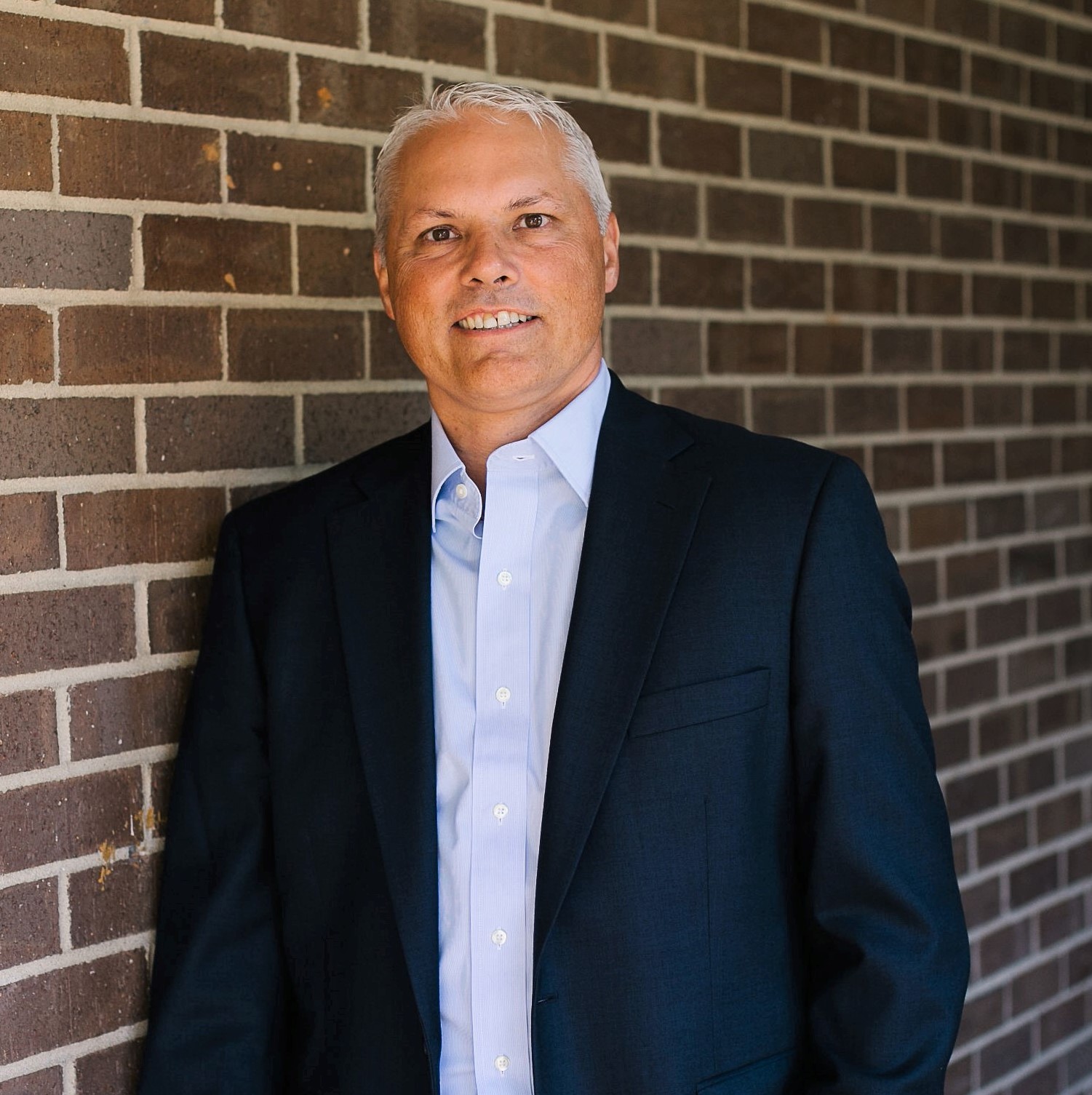Global View Investment Blog
Worry-free Road To Retirement in the Carolinas
Did you know that retirement is the second biggest reason for moving, the runner-up for job relocation? And when you really think about it, you’ve just been re-assigned to the most purposeful job of all—to enjoy and experience life deeply. For those eagerly awaiting a rewarding retirement, or those already in it, find the best state to retire in with the help of our advocate advisors working with people retiring in Greenville, SC, and other tax-efficient states comparable to the Carolinas.
Allow our team of investment advisors in Greenville, SC, that provides worry-free portfolio management, to shed some light on the details of retiring in the Carolinas—to simplify your process.
Does It Make Sense To Move In Retirement?
You may have gotten away with a few mistakes while building wealth, but you need to be more careful now that you've arrived.
As you pivot into your golden years, moving as your lifestyle changes makes financial sense. It’s ideal for most people entering retirement to relocate to a state with a lower cost of living, lower taxes, and more affordable housing, like the sister states of North Carolina and South Carolina.
Here are some big-ticket benefits of moving for retirement wherever you're moving.
- Moving can save money if you move to a retiree-friendly state.
- Downsizing means less of a house to keep up with and maintain.
- Choosing a more agreeable climate and location near highly rated healthcare facilities can support your health and wellness.
- Moving can allow you more free time to do what you enjoy most, such as attending cultural events, parks, museums, and group activities.
- Being around like-minded people in your community can help create a sense of belonging and happiness.
- Starting a new chapter in your life can be exciting and liberating.
Read: Moving to the Carolinas? What You Need to Know
When Is The Best Time To Move: Before Or After Retirement?
There is no reason to rush a move just because you’ve reached the retirement benchmark. Before deciding on relocating, some people unwind for a year or more to see how they feel after retiring. Others like to take their time to research and visit different destinations to see what resonates with them.
It also helps to decide what kind of housing you prefer.
- Are you wanting to downsize by buying a new home in a 55+ community?
- Do you want to rent in a retirement community that offers flexibility and more liquidity?
- Or are you looking at assisted living options?
This answer will vary based on your retirement plans, life goals, and investment strategy. That’s why it pays to have an honest discussion with a friendly, fee-only financial advisor in Greenville, South Carolina, who serves as your advocate in life fulfillment.

Generally, purchasing a home after retirement can get you more for your money versus renting. Yet, homeownership financial risks include unexpected maintenance costs, fluctuations in market value, and insurance deductibles. Whichever option you prefer, you need to plan for inflation—rent, taxes, and insurance costs that increase over time.
Moving.com says that Mid-September through April is the best time to move because moving companies are typically slow, school is in session, and most people avoid moving during the holidays. The busiest moving months are in the summertime, which can be more costly. Weekdays are best to move, as the working class tends to move on the weekends.
Ultimately, whether you retire before or after retirement should be determined by your own needs, time, budget, and preferences.
How Does Retirement Affect Your Financial Plan?
Without a constant paycheck coming in from your employer, you will need to become conscious of your finances in retirement to ensure you do not run out of money. You must think about how your retirement income can be impacted by inflation, tax changes, investment risk, illness, surgery, or long-term care. By working with a wealth management firm, your financial advocates will ensure you do not overlook your monthly retirement budget.
The American Psychiatric Association reports that over 70% of adults worry about money, which can take a toll on physical health. As you age, you do not need financial stress. What will help most is the support of a professional financial advocate who has your best interests at heart.
Read: How Does Inflation Factor Into Your Retirement Plan?
Our processes ensure consistent risk management so you don’t lose the hard-earned money you can’t make back.
How Do I Manage My Money in Retirement?
Picking up your roots and starting anew in retirement can feel like a dream come true if you have a solid retirement plan under your feet to support your goals. By mapping out a sound plan of action, we will help by crafting a financial roadmap to make your retirement adventure ideal and meaningful. Maybe you already have one and need to ensure it equates for all possible risk.
Of course, there are tips to help you manage your money wisely in retirement, which professional help is highly recommended:
- Be tax efficient with your withdrawals: when you take out money from your retirement savings plan is vital.
- Focus on creating retirement income: how many income streams do you need to support your retirement lifestyle?
- Prioritize: cut back where you must and focus on budgeting for yourself first since you have less income to live on.
- Look at your home equity: downsizing has huge benefits, and accessing your home’s equity can help you afford a more luxurious space to retire.
- Wait as long as you can to start utilizing Social Security benefits: the longer you wait, the more you can receive.
- Prepare yourself for spending shifts: as your lifestyle slows down, perhaps your spending is more on healthcare than vacations.
- Plan for out-of-pocket health expenses: according to Fidelity, the average 65-year-old couple retiring in 2022 will need around $300,000 to pay for their medical costs.
- Make sure that your investment portfolio is diversified based on your risk tolerance.
- Apply financial discipline to make better decisions.
- Talk to your partner or family about your ideal retirement lifestyle: getting in alignment sooner than later can save stress, disagreements, and money.
If you’re already retiring in the Carolinas, allow us to make sure you are on the path to financial success. Ask us about our psychometric risk assessments to determine your true risk tolerance.
Working With A Fee-Only Advisor In Retirement
Research shows that mutual fund investors earn poor returns compared to the market indexes. Investors typically make less than half of the market index returns. The cause is their behavior.
Our staff has over a hundred years combined experience solving problems. Since 2004, as client advocates, Global View advisors can help you:
- Protect what you’ve built.
- Grow your assets while controlling downside risk.
- Help you understand and weather risks.
- Look for opportunities to increase returns without adding risk (coaching, tax, and estate planning strategies).
Try Global View’s Setting the Path service and take us for a test drive!
We can help you conquer natural human tendencies to react to the markets by working as a team. We are here to help you achieve the financial returns that the global market offers—and that you need to fund your goals.
Release your worry and schedule an appointment with our dedicated team of certified financial planners in Greenville, SC, today!

Written by Adam Wiles
Adam is a Partner at Global View. Adam’s primary focus is on investment strategy, retirement planning, risk management, and new client identification. He has extensive experience and training in identifying client’s needs and explaining the solutions that meet those needs. He worked with Merrill Lynch for 2 years prior to joining Global View. Prior to Merrill Lynch, Adam worked 10 years, in several trading capacities, within the Commodity Lumber business.
Are you on track for the future you want?
Schedule a free, no-strings-attached portfolio review today.
Talk With Us






